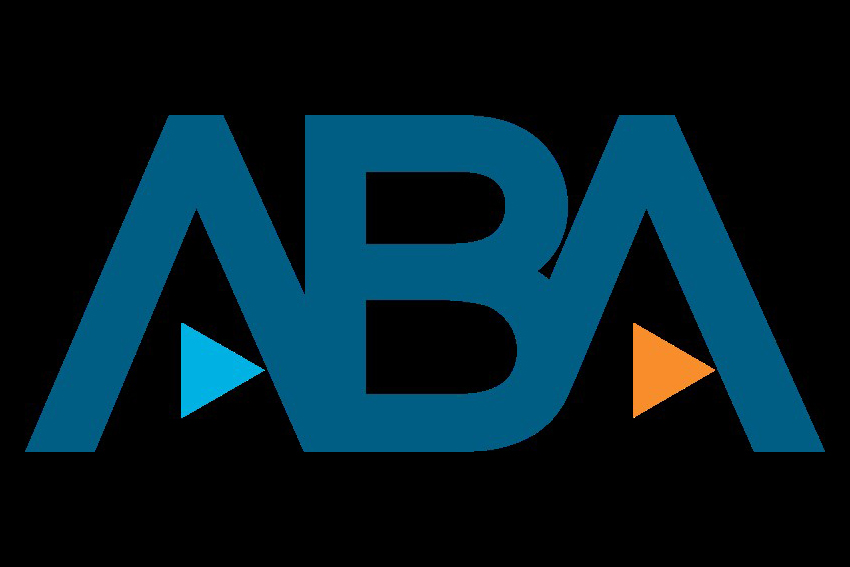Lawyer impairment in the age of remote work
 In response to the coronavirus pandemic, most lawyers spent at least several months working at home. Law firms are now opening back up, but many anticipate allowing their lawyers to continue to work at home at least some days of each week.
In response to the coronavirus pandemic, most lawyers spent at least several months working at home. Law firms are now opening back up, but many anticipate allowing their lawyers to continue to work at home at least some days of each week.
Remote work may turn out to be helpful to individual lawyer well-being, but at the same time law firm management may have more difficulty recognizing and assessing mental health issues that could interfere with a lawyer’s ability to practice law.
In this new world of remote or hybrid work, law firms remain responsible for monitoring the activities of their lawyers and other employees, and to take action if it becomes apparent that a colleague is suffering from an impairment that could lead to a violation of the Rules of Professional Conduct.
Prompt action by the firm can protect the interests of the firm’s clients, while also ensuring that the affected employee obtains the appropriate help.
Pursuant to Rule 5.1, a partner or lawyer with supervisory responsibility within a law firm is responsible for ensuring that the conduct of the firm’s lawyers conforms to the Rules of Professional Conduct. A partner or supervisory lawyer may be violating the rule if the lawyer “knows of the conduct at a time when its consequences can be avoided or mitigated but fails to take reasonable remedial action.”
If a supervising lawyer knows, for example, that a lawyer is regularly failing without explanation to attend to work in a timely way, the supervising lawyer should inquire further to determine whether there is some impairment that is preventing the lawyer from doing so.
Impairment also can come to a firm’s attention in other ways, such as a complaint from a client of unreturned phone calls, or a report from a staff member of inappropriate conduct at a firm function.
Once such a report makes its way to the firm’s managing partner, what is the firm ethically obligated to do?
The Office of Bar Counsel suggests that the firm’s first step should be to speak with the impaired attorney about the situation, even if the firm does not believe any misconduct has occurred. Ellen M. Meagher, Office of Bar Counsel, “When a Colleague Becomes Impaired: Obligations of Lawyers and Law Firms as to Incapacitated Partners or Associates” (February 2005).
This first meeting is an opportunity for the firm to find out whether there is a problem, whether the attorney recognizes and acknowledges the scope of the problem, and, if so, whether the impairment can be cured, controlled or treated.
If the attorney is prepared to work with the firm in identifying the problem and coming up with a solution, the next step may be a referral to Lawyers Concerned for Lawyers.
LCL is a free and confidential attorney assistance program dedicated to helping those in the legal profession who are struggling with the personal and professional challenges of life as a lawyer. LCL provides mental health resources, addiction recovery support, and practice management services. Through LCL, an attorney may be able to participate in one-on-one counseling sessions with a mental health professional or in a lawyers’ support group.
If appropriate, LCL also may be able to assist the impaired attorney in drafting up a monitoring plan that the attorney and firm can use as a basis for the attorney to continue practicing while working to address the cause of the impairment.
After addressing the issue with the impaired lawyer, the firm’s next step should be to assess, based on information learned from the impaired attorney and other sources, whether the lawyer’s impairment potentially impacted the attorney’s work for clients. ABA Formal Opinion 03-429 (Obligations with Respect to Mentally Impaired Lawyer in the Firm).
The most common types of misconduct to occur in these instances are neglect and/or a failure to communicate with clients. It may be appropriate for the firm to assign a partner to review the attorney’s list of active matters and obtain a current status from the impaired attorney as to each matter.
If the firm believes that the lawyer’s impairment may have had an impact on client work, the firm should review the attorney’s work product to determine whether any neglect occurred and whether there was harm to the client. If the firm discovers any instance of misconduct that caused harm, the firm promptly should inform the client of the issue and seek permission to take steps to undo the damage.
In these circumstances, the firm also should consider its obligation to report the impaired lawyer’s conduct to the Board of Bar Overseers pursuant to Rule 8.3.
Impairment alone does not require such a report. A report is mandatory only if the attorney has committed a violation of the Rules of Professional Conduct that raises a substantial question as to the lawyer’s honesty, trustworthiness or fitness as a lawyer.
For example, if the impairment resulted in improper or excessive billing, or misrepresentations to the client regarding the status of a matter, the firm should consider whether a report to the BBO is required.
Additionally, if the impaired lawyer had access to the firm’s IOLTA account, the firm should conduct a thorough review of the account to ensure that no client funds are missing or improperly recorded. A shortfall in an IOLTA account that results in a dishonored check will trigger an automatic report by the bank to the Office of Bar Counsel, which itself could trigger a wide-ranging review of the firm’s client funds accounts.
The last item on the firm’s action plan is a determination of whether the lawyer can and should continue practicing at the firm. This determination likely will depend on the extent of the impairment, whether or not the impaired lawyer acknowledges the impairment and is prepared to work with the firm in addressing it, and whether the impact of the impairment can be lessened by treatment or adherence to a reporting and monitoring plan.
If the impaired attorney is not prepared to acknowledge or address the impairment, the firm may need to make the difficult decision to separate the attorney from the firm.
Before doing so, the firm should consult its personnel manual or partnership agreement, depending on the status of the impaired lawyer, and may wish to consult with outside employment or ethics counsel.
Identifying, addressing and managing a colleague’s impairment can be a difficult task for any law firm to confront. Fortunately, there is guidance available from the resources cited in this column to assist law firms in navigating through these challenging conditions.
Erin K. Higgins is a partner, and Conor J. Slattery an associate, at Boston’s Conn, Kavanaugh, Rosenthal, Peisch & Ford, where they advise and defend lawyers and law firms as to liability and ethics issues.
Share this story, choose a platform
Brought to you by BridgeTower Media
Free Weekly Newsletter
Recommended content
Cybersecurity: Your law firm is a target. Cybersecurity automation is the answer
Cybersecurity: Your law firm is a target. Cybersecurity automation is the answer By Carl Mazzanti Law firms hold privileged communications, [...]
Legal Ethics: New ABA opinion seeks to clarify lawyers’ duties when they withdraw from cases
Legal Ethics: New ABA opinion seeks to clarify lawyers’ duties when they withdraw from cases By Jim Doppke In my [...]
Critical questions to ask before merging law firms
Red flags will often appear if lawyers honestly answer practical questions about how firms will blend together before formally merging. [...]
Clients have little bandwidth for legal tasks
One possible solution to getting busy clients to help in legal matters, such as discovery requests, is for attorneys to [...]
Managing legal practice stress by ‘matter mix’
Not all attorneys’ on-the-job stress is created equal. Identifying what the chief stressors are is the first step to alleviating [...]







